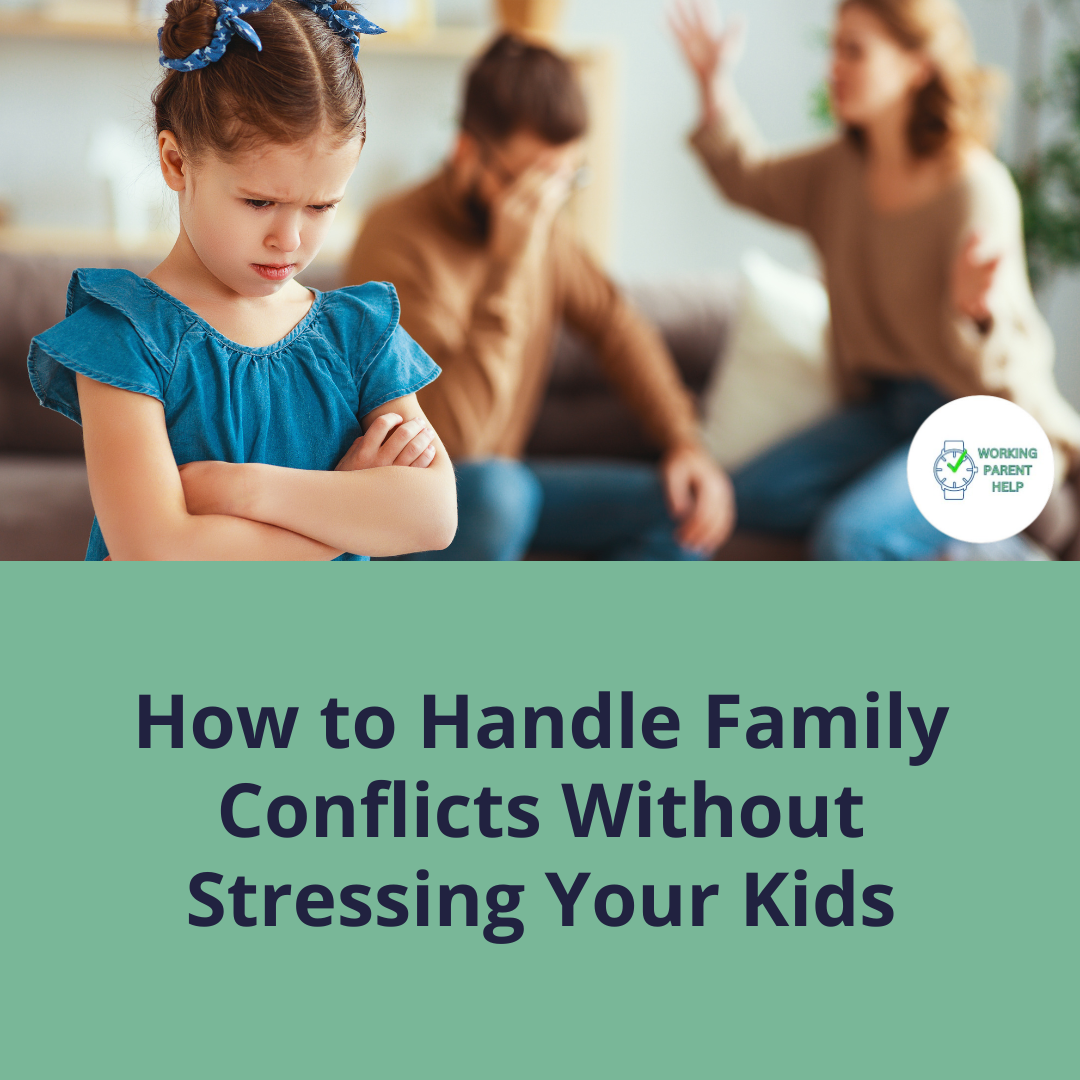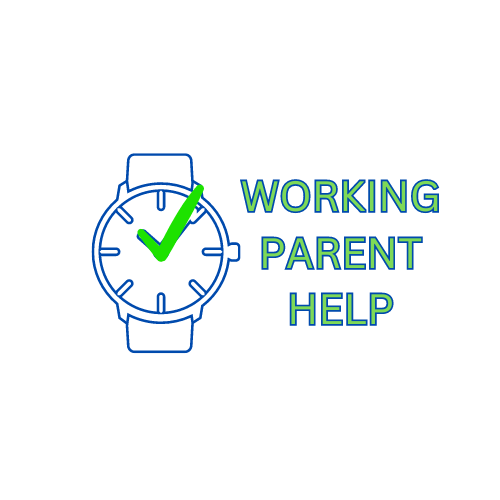
How to Handle Family Conflicts Without Stressing Your Kids
Family conflicts are inevitable. Between juggling work, school schedules, and extracurricular activities, it's easy for tensions to rise. But here's the thing—kids are like tiny emotional sponges. They soak up every raised voice, every sigh, and every dramatic eye roll you think you're hiding. So, how can you manage family conflicts without stressing your kids out? Let’s dive into some practical strategies (peppered with a little humor because, let’s face it, parenting without laughter is just surviving).
1. Stay Calm and Respectful
Easier said than done, right? When you're in the heat of an argument, keeping your cool feels about as likely as finding a toddler who doesn’t resist bedtime. But when conflicts arise, children look to you for emotional cues. If you yell, they learn yelling is how problems get solved. If you keep your composure, they learn that disagreements don’t have to be destructive.
Pro tip: Create a “cool-down zone” in your home—a designated space where family members can go to collect their thoughts before discussing an issue. Keep it stocked with comfortable seating and maybe even a stress-relief toy for little hands that need to fidget while emotions settle. This children's organizer container is perfect for storing calming items like coloring books and stress balls.
2. Keep Conflicts Private
Kids don’t need front-row seats to every disagreement. Sure, some discussions are harmless, like whether pineapple belongs on pizza (answer: absolutely). But serious conflicts should happen behind closed doors. Even if your child is just in the next room, their little ears are always listening. If they hear only bits and pieces, they may start filling in the blanks with worst-case scenarios.
Parent hack: If you’re about to have a serious discussion with your partner, keep the kids occupied with an independent activity. A great way to do this is by setting up a snack station in the kitchen where they can “cook” alongside you. Try using these fluted glass storage containers to keep healthy snacks readily available for stress-free access.
3. Teach Healthy Communication
If you want your kids to learn conflict resolution, they need to see it in action. Model respectful dialogue by listening actively, using "I" statements instead of accusations, and keeping things solution-focused.
Instead of: "You never help around the house!" Try: "I feel overwhelmed when I handle all the chores alone. Can we divide them up differently?"
See the difference? It’s all about shifting from blame to teamwork. When kids see that problems can be solved with words (and not just slammed doors), they’ll start using the same approach.
Make it fun: Turn communication practice into a family game night. Use these airtight food storage containers to store small discussion prompts. Each family member picks one and talks about a positive way to handle disagreements. Learning is always better when snacks are involved!
4. Reassure Your Kids
Even if you handle conflicts well, kids may still feel uneasy. They might wonder if a disagreement means something bigger—like Mom and Dad not loving each other or changes in the family dynamic. Remind them that arguments don’t mean disaster. You can say, "Sometimes people disagree, but we always love each other, and we always work things out."
Create a sense of stability by maintaining family traditions, even during tough times. Whether it’s Friday pizza night, Saturday morning cartoons, or bedtime stories, keeping routines intact helps kids feel safe and secure.
5. Find Solutions Together
One of the best lessons you can teach your kids is that conflicts aren’t just about venting frustrations—they’re about finding solutions. When family disagreements involve them, allow them to be part of the solution.
For example, if siblings are constantly fighting over space, involve them in organizing shared areas. A refrigerator storage box organizer can help them split up snack zones so no one feels like the other is hoarding the good stuff. Teaching kids to problem-solve makes them feel valued and shows them that every voice matters.
Final Thoughts: Embrace the Messy Moments
Parenting isn’t about avoiding conflicts—it’s about handling them in ways that teach, rather than traumatize. You won’t always get it right (welcome to the club), but every time you model patience, empathy, and problem-solving, you’re giving your kids tools for a lifetime.
Now, let’s hear from you! How do you handle family conflicts without stressing your kids? Share your stories in the comments or check out our other blog posts for more parenting tips and hacks!
